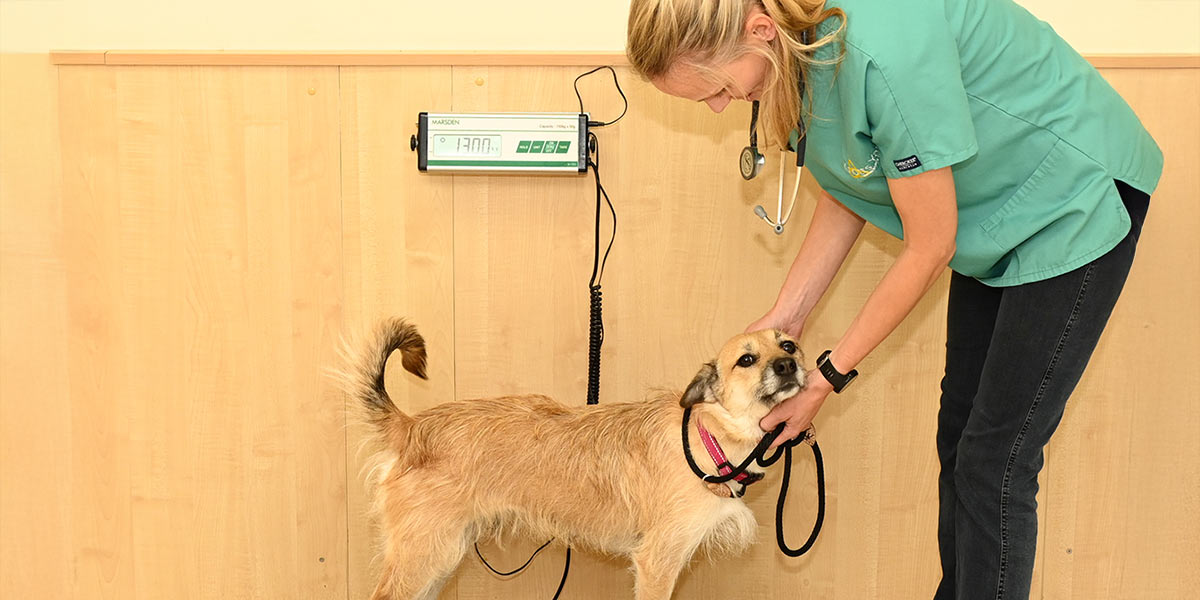Fleas, ticks and worming advice at Knotts Yard Veterinary Practice in Norfolk
We recommend worming and treating your cat or dog for fleas and ticks on a regular basis.
It is far better to prevent then to treat when it is too late.
An infestation of fleas in your home can cause problems for everyone that lives there, especially once the larvae take up home there as well and start to live in the fibres of your carpets. Not to mention the discomfort experienced by your pet and the risk of transmission of some parasites to humans.
We offer a range of different types of treatment including tablets, spot-ons to be used on the back of the animals neck and medicated collars, each to suit different pets and their circumstances.
The problem with fleas
Fleas are blood-sucking parasites that can make life miserable for pets and their owners. They can cause:
- Intense itching and scratching which can result in hair loss
- Flea Allergy Dermatitis – a very common and unpleasant skin condition caused by an allergy to flea saliva (this needs to be diagnosed by a vet)
- Tapeworm infestation
- Anaemia in puppies and kittens.
They’re a common problem, with 1 in 5 cats and 1 in 10 dogs having fleas. They multiply fast with just one female flea laying around 50 eggs a day.
The trouble with ticks
Ticks are an increasing problem and can cause serious health issues and are second only to mosquitoes in transmitting infectious disease to humans and animals.
Ticks can affect your pet in a number of ways and can:
- Cause irritation
- Lead to an abscess
- Transmit diseases such as Lyme disease, which also affects humans.
The worry with worms
It is important to worm your pets as they can cause diseases in people including child blindness and problems for pregnant women.
Worms can be picked up anywhere your dog or cat goes as they are widespread throughout the UK. Rarely would an animal eat a worm, they eat the microscopic eggs that have been passed out in the faeces of others which is where the problems begin.
Fleas play an important role in the transfer of tapeworms as they may contain the larvae and become ingested themselves through your pets natural grooming.
The frequency with which you should treat your pet to prevent fleas, ticks and worms depends on a number of factors but will range between every one to three months.
Please contact us and talk to our nursing team who will offer free and friendly advice on the best treatment to use on your pet.









